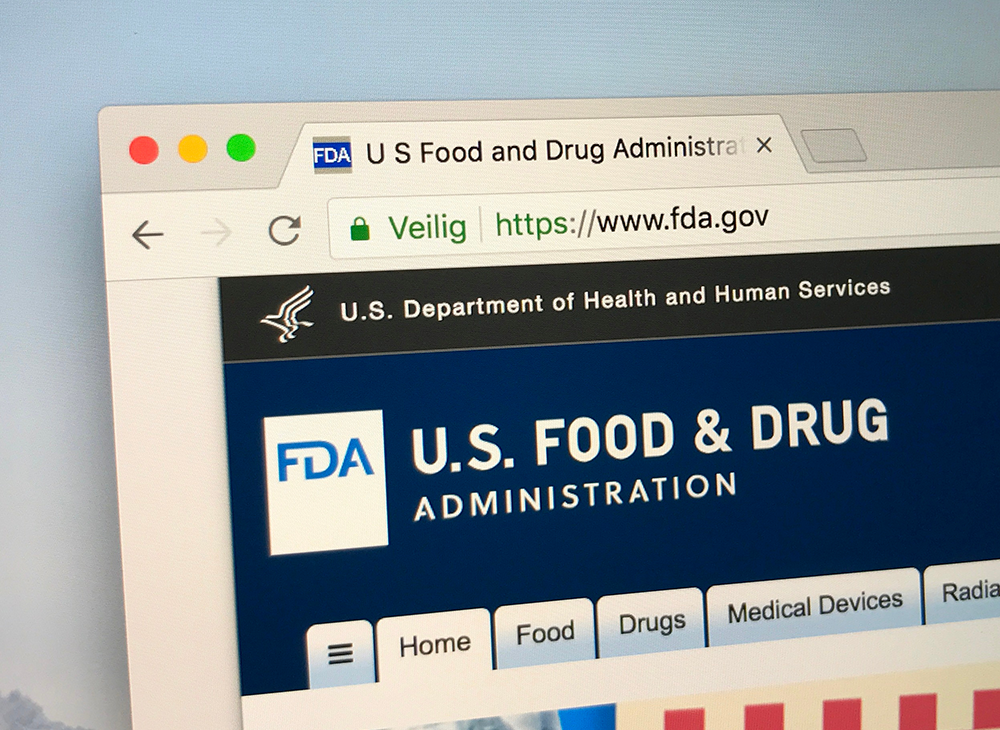Chimeric antigen receptor T-cell therapy, known more colloquially as CAR T-cell therapy, is an immunotherapy that can be used to treat certain types of cancer. For example, Carvykti (ciltacabtagene autoleucel) is used to treat multiple myeloma; Kymriah (tisagenlecleucel) treats B-cell acute lymphoblastic leukemia or diffuse large B-cell lymphoma (DLBCL).
CAR T-cell therapy works by modifying a patient’s T cells. Once T cells are collected from the body, the cells are genetically modified to express chimeric antigen receptors on their surface. These receptors target antigens like CD19 or BCMA that exist on the surface of cancer cells. Later, these modified cells are infused back into the body. These cells then find and bind to cancer cells, leading to an immune response that destroys the cancer cells. CAR-T cell therapy has shown significant promise in treating blood cancers. In fact, CAR T-cell therapy has shown efficacy in patients whose cancer has not responded well to other treatments, or whose cancer has progressed while using other treatments.
However, the U.S. Food and Drug Administration has been noticing a concerning trend with CAR T-cell therapy: the potential for secondary malignancies to arise. In November 2023, the FDA began investigating incidences of chimeric antigen receptor (CAR)-positive lymphoma in people using CAR T-cell therapies. As a result, drug developers were required to share the potential risks with the broader public.
Now, reports Jonathan Gardner in Biopharma Dive, the FDA is requiring the manufacturers of six CAR T-cell therapies—Abecma, Breyanzi, Yescarta, Tecartus, Kymriah, and Carvykti—to include boxed warnings in the prescribing information that refers to the risk of developing secondary malignancies.
Boxed Warnings for CAR T-Cell Therapy
In particular, the language on the boxed warnings centers around noting that secondary T-cell malignancies occurred in patients using these therapies. The warning label for Tecartus is slightly different, though it includes similar language.
FDA officials have noted that clinical trial participants and others receiving CAR T-cell therapy should undergo life-long monitoring for early detection of any new malignancies that may arise. At the same time, the FDA has also noted that the benefits of this therapy seem to outweigh any potential risks that may occur. Future research could focus on when and in whom secondary malignancies occur, and if those who develop them have any risk factors that make secondary malignancies more likely to occur.
Editor’s Note: Get Involved
Cancer doesn’t discriminate. Patient Worthy and its partners are interested in amplifying the voices of those from all identities and backgrounds. If you have a cancer journey to share, reach out here to learn more about how your voice can help spread awareness and inspire individuals from all walks of life.
Last modified: February 28, 2024










